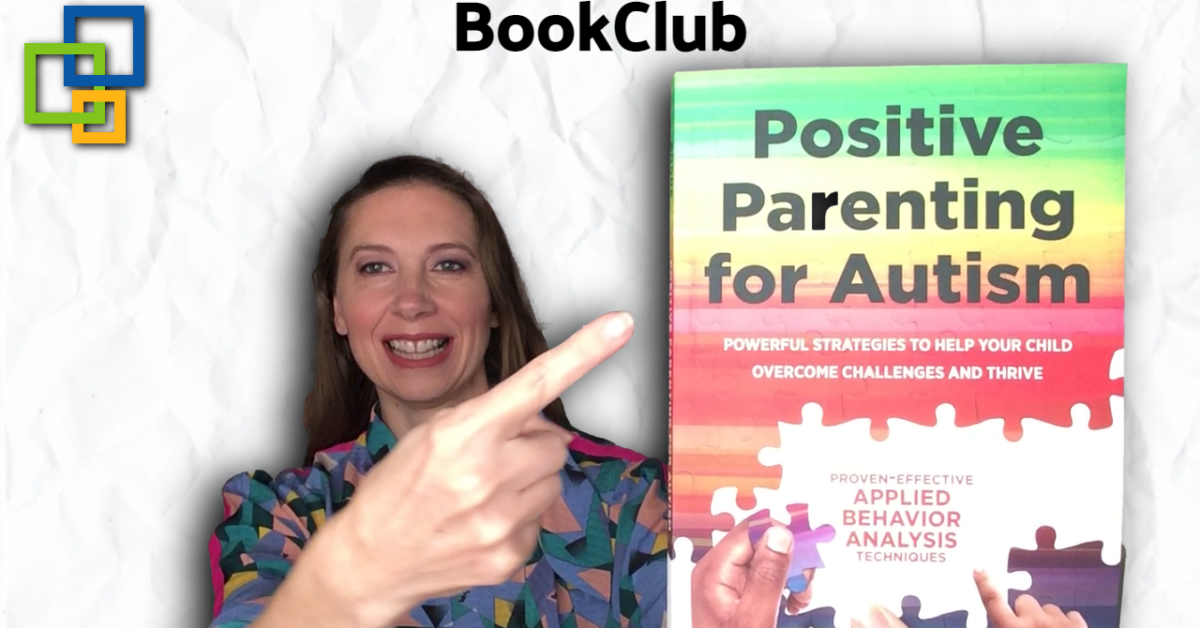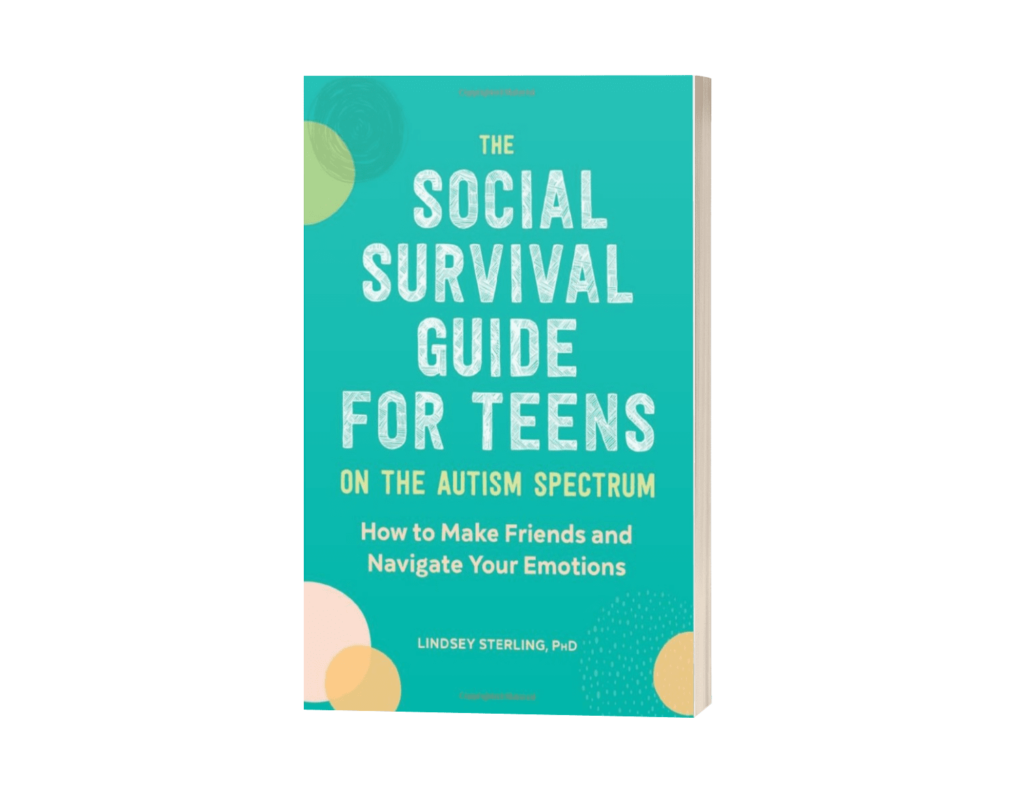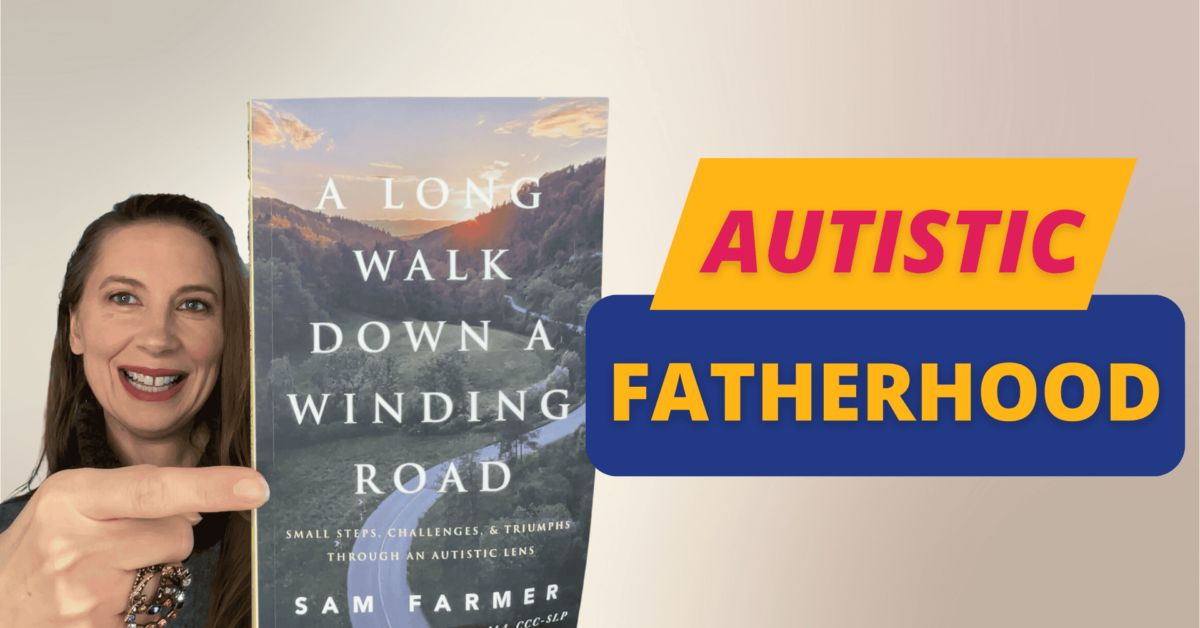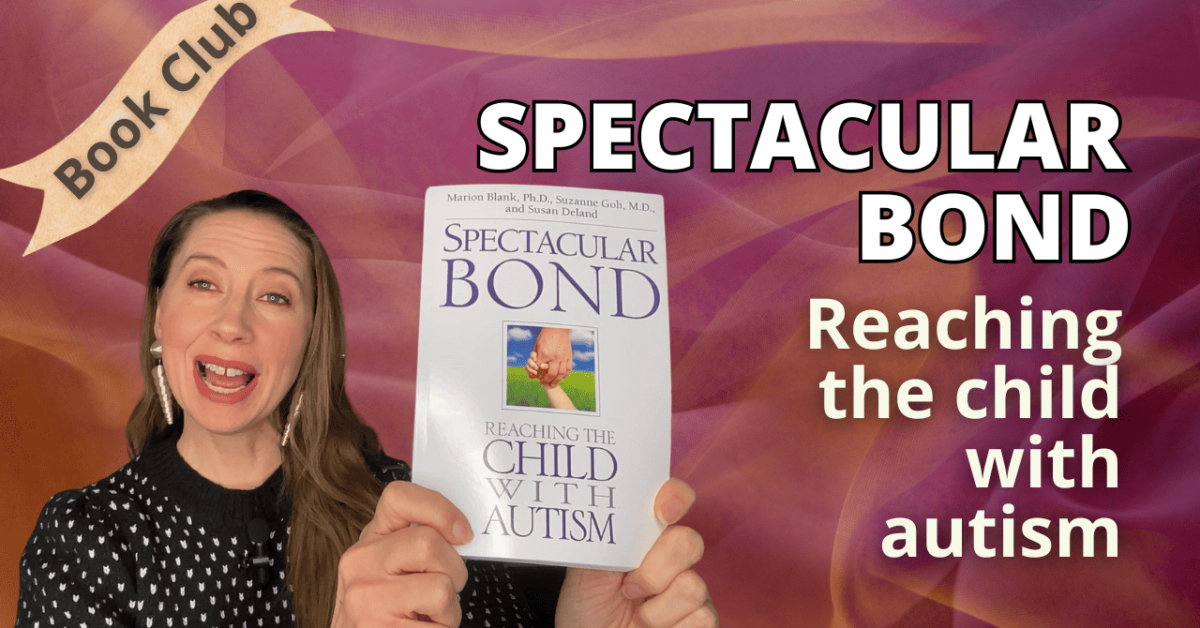The Social Survival Guide for teens. Let’s get into this.
This book is a bit on the basic side, reading level-wise, that it could be read at 5th-grade level and up. If you give this to a teenager who is older and very intelligent and very good academically, they’re going to be bored by the level. But it’s not really the level of reading that’s important here.
It’s really the concepts about socialization that are most important. And this book covers the basics, and it does a really nice job of having some forward-looking thoughts so that teenagers can apply them to their life now, but also in the future, specifically college and also their career. So I’ll highlight a few sections that I really like.
And the first one is…
Why Friends Matter
This is a great topic to start the discussion of socialization.
Why do friends matter? Why do we actually have friends? What is the purpose of friends? How do they make life better? How sometimes do they make life more stressful?
And it explores also, what makes a friend. So you can really talk about friendship from a theoretical perspective so that you and the teenager are on the same page as to why socialization matters.
It’s a really key topic to discuss first so that everyone is on the same page as to what socialization is. What really is a friend. Why does it matter? It’s a very great topic to start with.
It also goes into who isn’t a friend, because that’s really important as well and what to expect from friends. There is a great discussion topic about – can you only have one friend? Is one friend supposed to be able to provide everything that you need in socialization? The answer obviously is no, but it’s great to think about it. I can have a best friend and they don’t have to be everything to me. I can have a friend that I talk to about maybe this hobby. And then I have another friend that I talk to about another interest and we don’t all hang out together. But, hey, you know, when I’m feeling like, yes, I want to talk about this hobby I have someone to talk to and to connect with. So it’s really great to go over friendship. What does it actually mean? What does it look like? What does it involve?
Then the next section is about…
Starting a Conversation
And this is great for either high school or college or when you start a new job. You might be encouraging your teenager or you yourself might be like, hey, you know what? I want to get out there. I want to try having friends and just try some new things that are brought up in this book. And one of the topics is starting a conversation. So how do you start a conversation?
This is a skill that everybody needs to learn, and it’s not necessarily specific to autism. But if you have someone who is a bit more on the shy side or introverted or just hesitant because of the way they use language then this would be a great topic to explore with them because it talks about finding the right time and choosing a topic and taking turns and active listening. What does that mean? What does that look like?
And one of my favorite things is ending the conversation. That is a skill! I think I only learned that a few years ago, but ending the conversation politely and nicely so that that person is looking forward to another conversation that is a topic that’s covered here. And I think it’s really important.
Chapter eight is all about:
Handling Confrontations
And this is certainly important because when you have friends, there are going to be times when you don’t agree with each other. And then what do you do? So there’s a section here on dealing with criticism, so maybe you go to a friend for support and they’re not supportive. Maybe they even criticize you. So how do you handle that? It’s a great topic here to be able to discuss with your teenager so that when this happens in real life they are prepared.
And it also talks about taking feedback. That’s something not everybody is very good at, right? So it’s good to have a theoretical discussion about it before the person is in the actual situation. And there’s also a discussion here about choosing what works for you.
It’s really important for the person to get to know themselves, what works for them. What kind of feedback is constructive to them? So that if their friend is starting to give them feedback, they could be like, “Umm … the best way I receive feedback is …blah, blah, blah”. And then the friendship can actually grow and strengthen because you’re expressing what you need, the friends responding. And that’s how friendship just makes the world a much better place.
So it’s good to have this discussion with your teenager before they’re in the actual situation, because when we don’t know how to handle certain things, then we have more of primal reactions. And a lot of times that doesn’t go well with friends. So it’s always good to kind of think, discuss, have a plan, have an idea of how we are going to handle those situations, and then when they come up, it’s like, oh, yeah, I know what to do.
Also, another topic is about …
It’s Okay to Say No
This is really important to discuss with our teenagers that it’s okay to say no to let’s say, hanging out with a friend or maybe they’re doing something and you’re like, I don’t want to do that, and it doesn’t feel good.
So again, they have to know themselves quite well. But then it’s okay to say “Nah, I’ll hang out with you tomorrow.” and be able to handle that situation and handle it with grace and ease so that the friendship continues. And then one of my favorite topics in this book is making amends.
Making Amends
We all make mistakes. We all goof up we all do the wrong thing with our friends, and it’s important to know, okay, that doesn’t mean the friendship is over. Let me figure out how to make amends. If I did something wrong, let me own up to it. Let me make amends. So it talks about apologizing.
What that looks like, how to have a conversation about apologizing. And then it also goes into if you let someone down. So maybe you said you were going to meet them and you didn’t know your friends were mad at you. What do you do? Did you let someone down?
What’s the best way to handle that situation so that you can continue to grow that friendship? I also love how they have here when NOT to apologize! So we’re not always wrong. And it’s important to acknowledge that. And, of course, the discussion would not be complete if we didn’t talk about accepting the apology.
So maybe a friend does something and you’re just like, wow, that really hurt me. How do you handle accepting someone’s apology? It talks about setting expectations and showing appreciation. These are all topics that are important to continue the friendship it goes into making up and expressing how you feel. These are all great topics that teenagers with autism would benefit from this book.
But really, in general, a lot of people would benefit from this book because it’s about having friendships and how do you get them to grow. And when you’re in a situation where you’re like, “Oh, this does not feel good, what are my options?” Because there are always options. It’s not binary.
It’s not either someone’s a friend or they’re not a friend. There’s a lot of beauty in that grey area. And I certainly would recommend this book. I think it is great for teens with autism. I also think it’s great just in general.
Enjoy.





